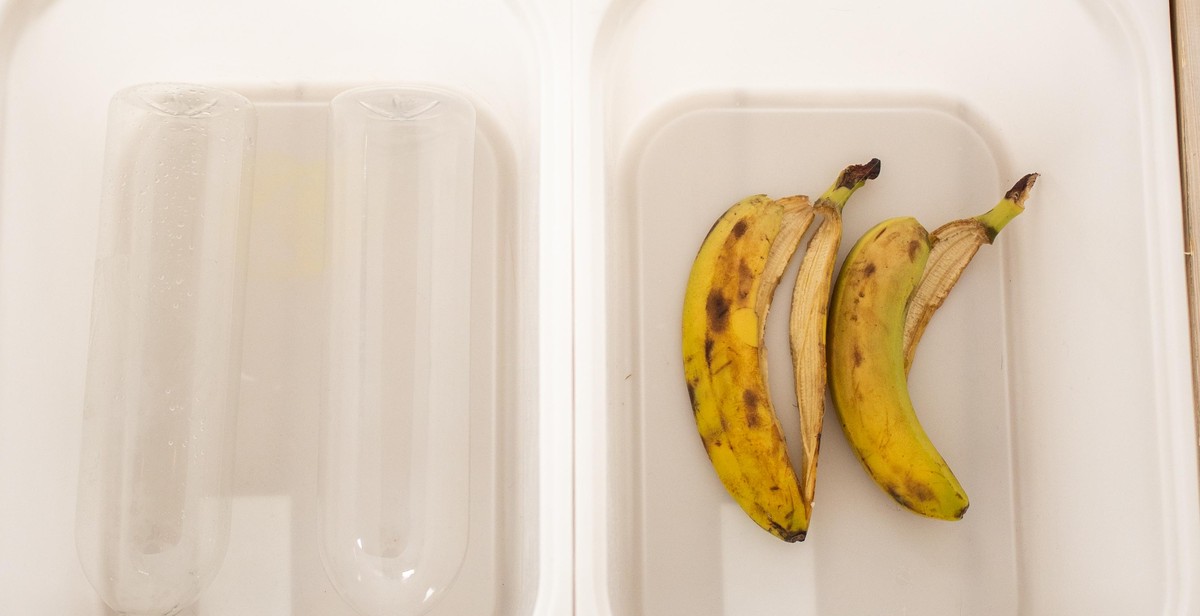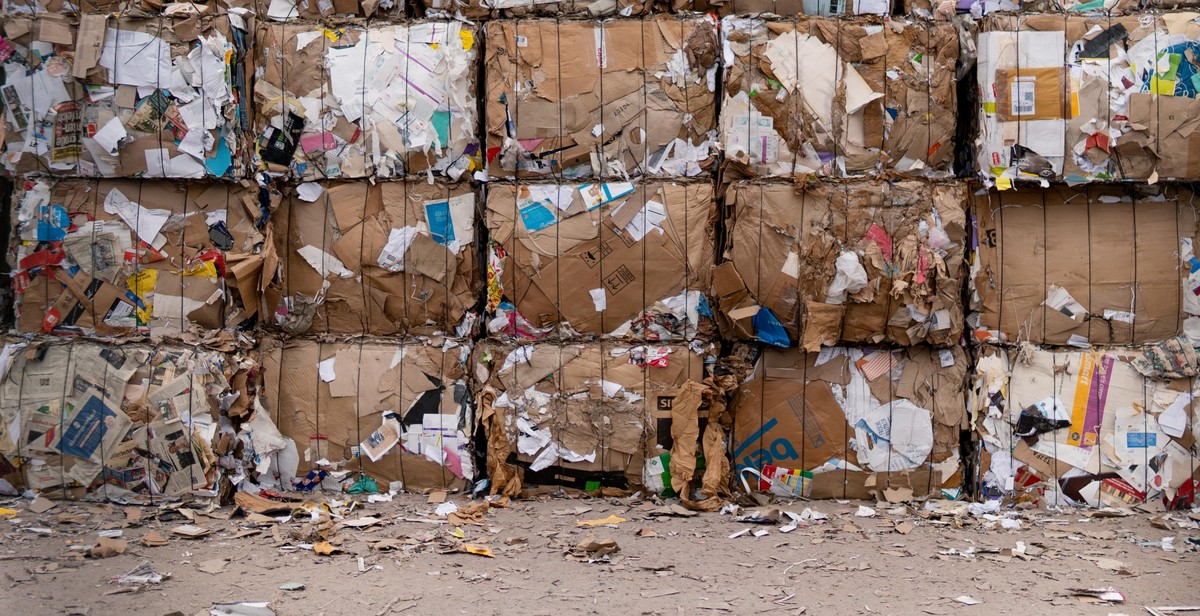How to Dispose of Vaccine Waste: Guidelines for Safe and Proper Disposal
Vaccines play a crucial role in protecting people from dangerous diseases. However, the administration and distribution of vaccines generate a significant amount of waste that must be disposed of properly. Vaccine waste can include empty vials, syringes, needles, and other materials used during the vaccination process.
Disposing of vaccine waste improperly can have severe consequences, including environmental pollution and the spread of infectious diseases. Therefore, it is crucial to follow the guidelines for the safe and proper disposal of vaccine waste.
The Importance of Proper Disposal of Vaccine Waste
Vaccine waste contains biological and chemical materials that can be harmful to humans and the environment. These materials can include live or attenuated viruses, bacteria, and chemicals used in the vaccine production process. If not disposed of properly, these materials can contaminate water sources, soil, and air, leading to the spread of infectious diseases and environmental pollution.
Guidelines for Safe and Proper Disposal of Vaccine Waste
The World Health Organization (WHO) has established guidelines for the safe and proper disposal of vaccine waste. These guidelines include:
- Segregating vaccine waste from other medical waste and disposing of it separately
- Properly labeling vaccine waste containers
- Disposing of vaccine waste in a secure and designated area
- Using appropriate disinfectants to treat vaccine waste before disposal
- Following local regulations and guidelines for vaccine waste disposal
By following these guidelines, we can ensure that vaccine waste is disposed of safely and properly, protecting both human health and the environment.

Why Proper Vaccine Waste Disposal is Important?
Proper vaccine waste disposal is crucial for several reasons. Firstly, improper disposal of vaccine waste can pose significant health risks to humans and the environment. Secondly, vaccine waste can have a significant impact on the environment if not disposed of correctly.
Health Risks Associated with Improper Disposal
Improper disposal of vaccine waste can pose significant health risks to humans. Vaccines contain various chemicals and substances that can be harmful to human health if not handled properly. These chemicals can cause skin irritation, respiratory problems, and even death if they come into contact with humans in large quantities.
Improper vaccine waste disposal can also lead to the spread of infectious diseases. If vaccine vials are not disposed of correctly and end up in landfills or water sources, they can contaminate the surrounding environment, leading to the spread of infectious diseases.
Furthermore, improper disposal of vaccine waste can also lead to the proliferation of drug-resistant bacteria. When vaccines are disposed of incorrectly, they can end up in wastewater treatment plants, where they can contribute to the development of antibiotic-resistant bacteria.
Environmental Impact of Vaccine Waste
Vaccine waste can have a significant impact on the environment if not disposed of correctly. Vaccines contain various chemicals and substances that can be harmful to the environment if they end up in landfills or water sources.
For example, thimerosal, a mercury-based preservative used in some vaccines, can cause harm to aquatic life if it ends up in water sources. Similarly, formaldehyde, which is used to inactivate viruses in some vaccines, can be harmful to the environment if it ends up in landfills.
Furthermore, vaccine waste can also contribute to greenhouse gas emissions. When vaccines are disposed of incorrectly, they can end up in landfills, where they can contribute to the production of methane, a potent greenhouse gas.
Conclusion
Proper vaccine waste disposal is crucial for safeguarding human health and the environment. By disposing of vaccine waste correctly, we can prevent the spread of infectious diseases, reduce the risk of exposure to harmful chemicals, and minimize the impact of vaccine waste on the environment.

Guidelines for Safe and Proper Vaccine Waste Disposal
Proper disposal of vaccine waste is crucial to prevent the spread of diseases and protect public health. Here are some guidelines to ensure safe and proper vaccine waste disposal:
Segregation and Storage of Vaccine Waste
The first step in proper vaccine waste disposal is proper segregation and storage. All vaccine waste should be segregated from other types of medical waste and stored in a designated area. This area should be secure and clearly labeled to prevent accidental exposure to the waste.
It is important to store vaccine waste in a way that prevents contamination. This means keeping the waste in leak-proof containers that are properly labeled with the type of waste and the date it was generated. The containers should be stored in a cool, dry place away from direct sunlight and heat sources.
Transportation of Vaccine Waste
Transporting vaccine waste requires special care to ensure the safety of the waste handlers and the public. All vaccine waste should be transported in leak-proof containers that are properly labeled and secured to prevent spills or leaks during transport.
The transport vehicle should be equipped with spill kits, personal protective equipment (PPE), and emergency contact information in case of an accident. The driver should be trained in the proper handling of vaccine waste and should follow all applicable regulations and guidelines for transport.
Disposal of Vaccine Waste
The final step in proper vaccine waste disposal is the actual disposal of the waste. This should be done in compliance with all local, state, and federal regulations and guidelines. The most common methods of vaccine waste disposal include incineration, autoclaving, and chemical disinfection.
Incineration is the preferred method for disposing of vaccine waste because it completely destroys the waste and any potential pathogens it may contain. Autoclaving and chemical disinfection are also effective methods, but they may not be as reliable as incineration.
It is important to note that vaccine waste should never be disposed of in regular trash or flushed down the toilet. This can lead to contamination of the environment and pose a risk to public health.
| Step | Guidelines |
|---|---|
| Segregation and Storage | Segregate from other medical waste, store in leak-proof containers, label properly, store in a secure and cool place. |
| Transportation | Transport in leak-proof containers, properly labeled and secured, equipped with spill kits and PPE, follow all regulations and guidelines. |
| Disposal | Comply with all regulations and guidelines, use incineration as preferred method, never dispose of in regular trash or flush down the toilet. |
By following these guidelines, vaccine waste can be disposed of safely and properly, protecting public health and preventing the spread of diseases.

Conclusion
Proper disposal of vaccine waste is crucial for public safety and the environment. As a professional article writer and content creator with years of experience, I highly recommend following the guidelines provided by the CDC and WHO for safe and proper disposal of vaccine waste.
It is important to segregate vaccine waste from other medical waste and dispose of it in a secure and appropriate manner. This includes using proper containers, labeling, and following local regulations.
As a healthcare professional, I have personally witnessed the importance of proper vaccine waste disposal. It not only protects the public from potential harm but also ensures that the environment is not contaminated with hazardous materials.
By following the guidelines provided in this article, healthcare professionals can play a crucial role in ensuring that vaccine waste is disposed of safely and properly. Let us all make a conscious effort to protect our communities and the environment by practicing responsible vaccine waste disposal.
